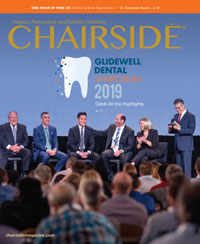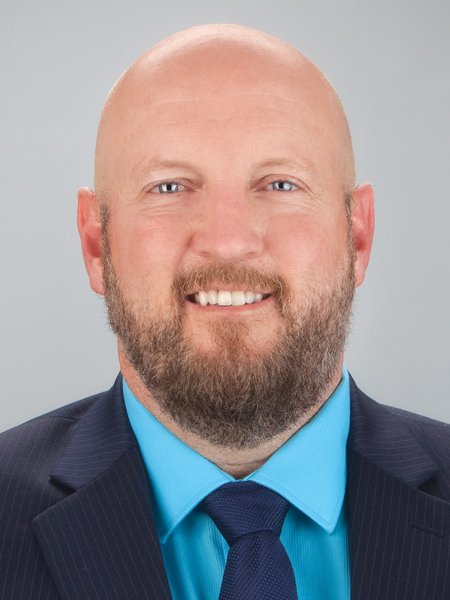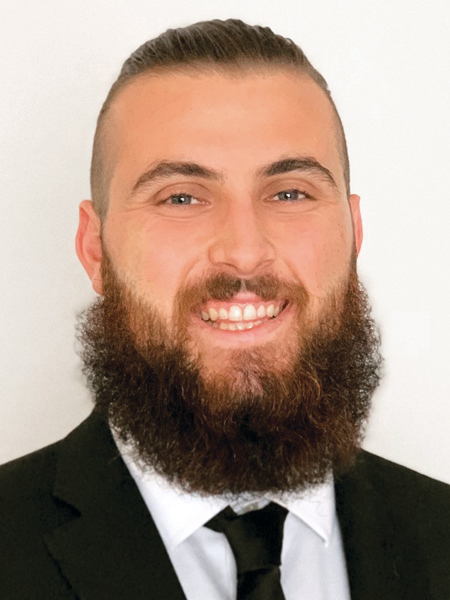Dental Sleep Medicine: Should You Become a Medicare DME Supplier?

With roughly 10,000 baby boomers turning 65 each day,1 a sizable portion of the patient population may be receiving Medicare benefits. Are you considering becoming a Medicare DME (durable medical equipment) supplier? If so, what’s holding you back? Not sure that you will meet the enrollment requirements? Worried that you won’t receive adequate reimbursement? Whatever your situation, becoming a Medicare supplier is worth examining further, particularly if you’re considering expanding your patient demographic in dental sleep medicine.
When it comes to important factors that can impact your dental practice, the option to become a Medicare DME supplier ranks high on that list. Before making this pivotal decision, it’s best to learn the facts of the matter.

About 10,000 baby boomers turn 65 each day, which means a significant number of patients may be receiving Medicare benefits.
Medicare is a federally funded health insurance program that covers U.S. citizens aged 65 and older. As a federal program, it has strict guidelines, and healthcare providers must qualify to become a Medicare supplier in order to bill and receive reimbursement for services. The process is not as simple as sending in a few forms and receiving a certification in the mail. Rather, various requirements are involved throughout the application process, including fingerprint background checks and practice site inspections.
Once you are credentialed, you have an obligation to fully understand and meet Medicare’s policies as listed in the following three Medicare documents:
- Local Coverage Determination (LCD): Oral Appliances for Obstructive Sleep Apnea (L33611)
- Local Coverage Article: Oral Appliances for Obstructive Sleep Apnea – Policy Article (A52512)
- Local Coverage Article: Standard Documentation Requirements for All Claims Submitted to DME MACs (A55426)
These documents can be accessed through the Centers for Medicare & Medicaid Services at cms.gov. Read and become thoroughly familiar with the policies before you begin treating Medicare patients. For example, a summary of the LCD is located below.
Once you become familiar with all of the policies in the three Medicare documents, these policies will become quite routine. It’s important to note that these requirements are well established; therefore, the sleep physicians you work with will already be familiar with them. Once you start treating Medicare patients on a consistent basis and are known as a supplier who accepts this type of insurance, the benefits will clearly present themselves.
MEDICARE LOCAL COVERAGE DETERMINATION REQUIREMENTS INCLUDE THE FOLLOWING:
- Documented face-to-face notes with the sleep physician prior to the patient’s sleep study.
- Medicare-covered sleep study performed by a Medicare-accredited provider.
Detailed written order or Rx (dated after sleep study) must be on file and must include:
- Patient name
- Date of order
Description of item and quantity
- Ask for the order to include the following description: E0486 oral appliance to treat obstructive sleep apnea. Ideally, you should include the name of the appliance.
- Ordering physician’s name
- Ordering physician’s signature
- Date of the signature
- Oral appliance must be Medicare Pricing, Data Analysis and Coding (PDAC) approved.
Proof of delivery must be signed by the patient.
- Enter an appliance description on the proof-of-delivery form, demonstrating that the device is from the list of PDAC-approved appliances
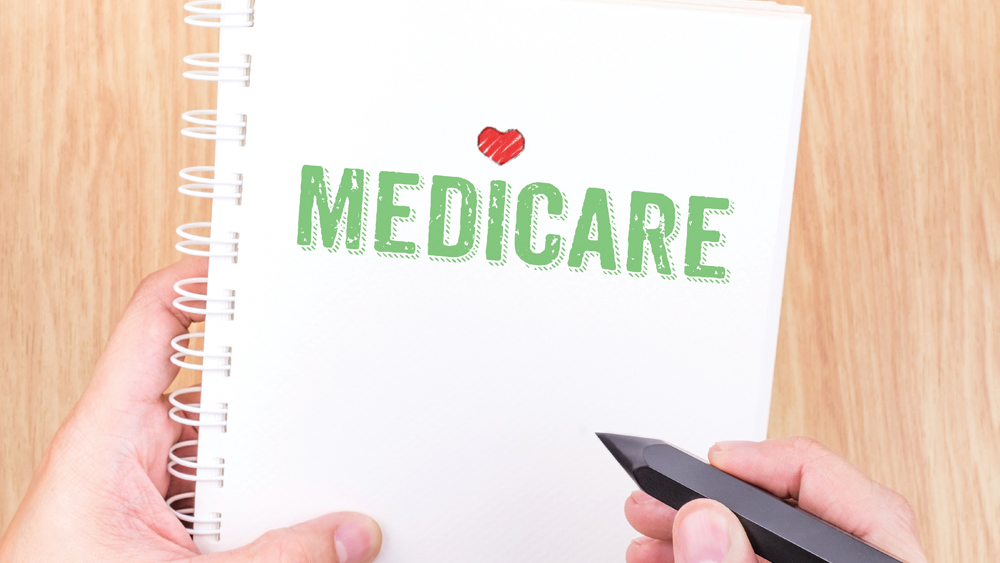
It's imperative that dentists are thoroughly familiar with Medicare policies before treating Medicare patients.
PRACTICE BENEFITS
The fundamental benefit that will come to your practice is the expanded patient demographic. No longer will you have to present a cash option to every person aged 65 and older. You will be able to confidently inform them that you accept their insurance and that their out-of-pocket cost will be significantly less than it was before. Closed doors will open, and previously declined treatment will be accepted more often. You will also increase your market for a wider range of patients. Many of your Medicare patients will be extremely grateful that you accept their insurance and will recommend you to friends and family who need treatment for obstructive sleep apnea (OSA). The more people you accept, the faster your referral tree will grow.
Another benefit is that busy sleep physicians will be an excellent source for referrals, as they seek additional solutions for patients who experience mild to moderate OSA or are CPAP-intolerant. These physicians will likely be even more motivated to refer patients to you when they learn that you accept Medicare coverage. Given the amount of tasks sleep physicians have to process daily, it’s probable that they would most likely send their patients to a dentist they already know and have confidence in. Indeed, acceptance of Medicare patients can go a long way in solidifying your relationship with sleep physicians.
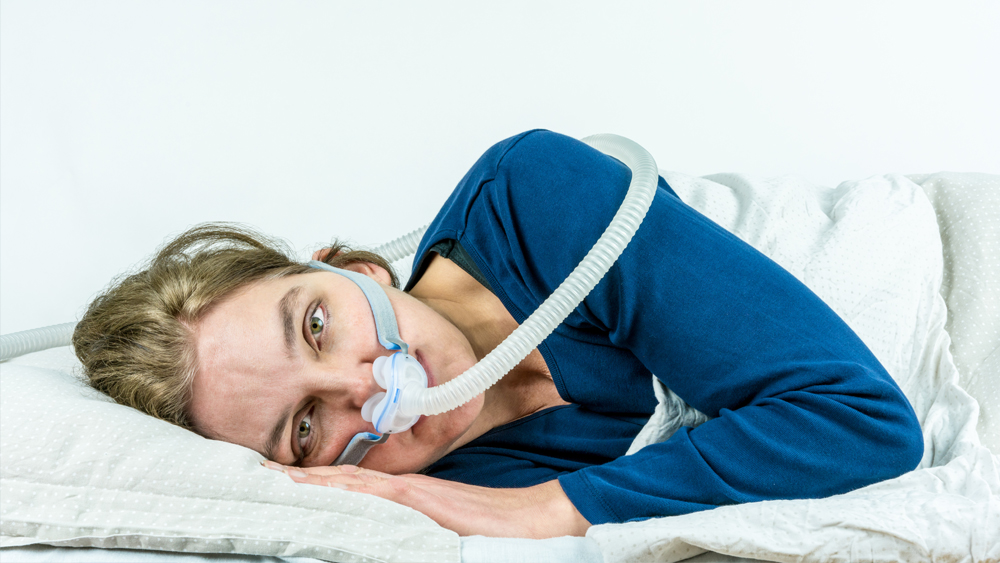
When dentists accept Medicare insurance, they may be more likely to receive referrals from sleep physicians who seek to provide more treatment options to patients.
MEDICAL REIMBURSEMENTS
Medicare claims and payments are topics that baffle many dentists, but with a little experience, reimbursements can become more straightforward. Medicare reimburses differently depending on the state — some allow up to approximately $1,950, while others allow as low as around $1,100. Even dentists in lower-paying states have the opportunity to treat Medicare patients while remaining profitable by understanding how Medicare pays. When applying to become a Medicare supplier, choose to enroll as a nonparticipating supplier. This choice allows you to accept assignment or to not accept assignment on a case-by-case basis.
Let’s examine sample scenarios for accepting assignment or not accepting assignment.

As nonparticipating suppliers, dentists can choose to accept or not accept assignment on a case-by-case basis.
CASE EXAMPLE 1: ACCEPTING ASSIGNMENT
Accepting assignment means that you will accept what Medicare allows as payment in full and that you cannot charge the patient any additional amount. For example, in the state of New York:
- Medicare allows payment of approximately $1,950.
- The patient’s deductible of $185 remains along with the 20% coinsurance.
- After those are deducted, Medicare pays $1,410 and the patient’s out-of-pocket cost is $538
CASE EXAMPLE 2: NOT ACCEPTING ASSIGNMENT
Not accepting assignment means that you can keep your current fee schedule. The patient will be reimbursed the Medicare-allowable amount within the state. For example, in the state of Texas:
- The dentist collects $2,000 up front from the patient during the visit for impressions to be taken.
- Medicare allows payment of approximately $1,150.
- The patient’s deductible of $185 remains along with the 20% coinsurance.
- After those are deducted, Medicare reimburses the patient $772 in 6–8 weeks after delivery.
Remember, as a nonparticipating supplier, you can choose to accept or not accept assignment on a case-by-case basis. Also, on an unassigned claim, some supplemental insurance plans will pay the entire balance charged for the appliance and the amount Medicare allows.
CONCLUSION
When making your decision about becoming a Medicare DME supplier, consider the benefits listed throughout this article, including an expanded patient demographic, increased referrals, better relationships with sleep physicians, enhanced credibility and reliable payments. Above all else, consider that you will be helping 65-and-over patients receive the care they need to gain a better quality of life.
References
- Pew Research Center [internet]. Washington, D.C.: Pew Research Center; c2019. Baby boomers retire; 2010 Dec 29 [cited 2019 Dec 5]. Available from: https://www.pewresearch.org/fact-tank/2010/12/29/baby-boomers-retire/.

